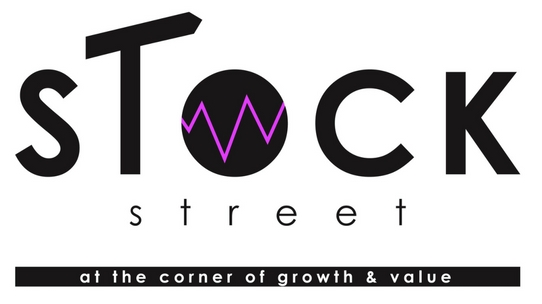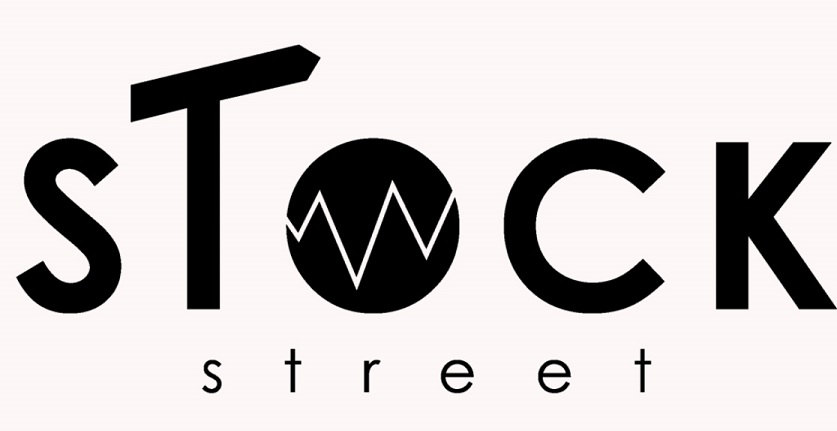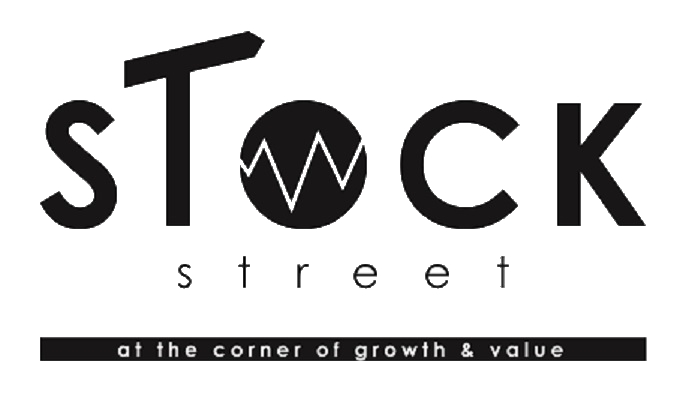I am excited to have a guest post this week written by, Jacob Evans! Jacob runs Dollar Diligence – you should check out his website dollardiligence.com. He “destroyed $33,000 in debt in 18 months”, which you can read about here.
Jacob has written a great article about investing in student loan companies. So, without further ado, here is Jacob’s article.
There is no doubt that student loan financing is big business. It is currently a $1.4 trillion industry, which recently surpassed the credit card industry for the largest component of consumer debt in the country. It’s a rapidly expanding industry, adding 8 out of 10 new borrowers each year. Those are the students who can’t afford to attend college without financing, joining more than 40 million Americans already carrying student loan debt.
But, while student loan debt may be dragging down many student borrowers, it is most definitely lifting up investors who own the stocks of student loan companies. Investors are benefiting from the increasing cost of college and the need on the part of students to borrow their way to a degree. If you want to get in on the growth of the student loan industry, here are four companies to consider.
Sallie Mae
Sallie Mae NYSE: (SLM) is considered the premier lender in the student loan industry. With a market cap of $4.73 billion as of August 17, 2017, it is the largest lender, servicing more than 30 million student borrowers over the course of the last 40 years. Although the industry has become much more competitive in the last several years and stricter guidelines threaten to constrain future lending, there is still significant upside for the dominant lender in the industry.
Its student loan business continues to drive most of the company’s revenues, with private student loan originations of more than $12 billion in 2016 – a 6% year-over-year increase. As it continues to expand its market share of private loans, Sallie Mae is aggressively marketing its new line of consumer banking products, including checking and deposit accounts. All of that along with its efforts to decrease credit losses, streamline operations and improve efficiency are paying off with a huge jump in net income. The company increased its 2017 first quarter income from $61 million in the prior year to $89 million.
Its share price reflects its income growth as well as the positive outlook investors have for the company. Its stock recently sold for $10.21 a share, a nearly 30 percent increase from its year ago price of $7.26. Sallie Mae pays no dividend.
Navient Corporation
Navient Corp. NASDQ: (NAVI) was formerly the servicing arm of Sallie Mae until it was spun off in 2014. Now operating as a separate company NAVI manages the largest portfolio of both Federal Family Education Loans (FFELP) and private student loans. It services more than $300 million in student loans for more than 12 million borrowers. Its market capitalization is $3.74 billion.
The company relies on its efforts to acquire student loan portfolios, which have been expanding along with the growth of student loan originations. Its FFELP loan portfolio is nearing $100 billion and its private loan portfolio totals nearly $30 billion. Equal efforts are being applied to boosting its asset recovery business and improving asset quality. It continues to decrease credit losses and delinquencies which have added to its bottom line over the last couple of years.
The company’s fundamentals are fairly strong which should keep it on course for steady growth; however, it may come under earnings pressures due to recent litigation and heightened regulatory scrutiny having to do with anti-consumer practices. If NAVI can weather the storm, its stock has plenty of upside. Currently trading at $13.64, the stock is down about 9% from a year ago, and it is well below its all time high of $22 from February 2015. What keeps investors interested in NAVI stock, aside from its upside potential, is its dividend, which currently yields a whopping 4.57%. That provides just enough cushion for investors to tolerate the stock’s bumpy ride.
Nelnet
Nelnet NYSE: (NNI) is a large conglomerate with several different subsidiaries operating in different aspects of the student loan servicing space. Its largest component services student loans, the vast majority of which are federally insured loans. Its market capitalization is $1.93 billion based on its current stock price of $45.75. Its stock price has grown steadily right along with the growth in student borrowing over the last eight years. Since its bottom in 2009 when it traded at $6 a share, it has risen more than 700 percent.
Flat revenue and earnings growth in the last couple of years hasn’t dampened investor’s outlook for the stock. What NNI doesn’t achieve in earnings growth, it makes up with increasing free cash flow, which means more to investors. That is what enables NNI to increase its dividend, which it recently did by 19 percent. Its dividend, which is currently $0.56 a share and yields 1.22 percent, has grown at an annual rate of nearly 8 percent a year over the last three years.
Discover Financial Services
Discover Financial Services NYSE: (DFS) is best known for its credit card division, which competes with all the major players. It entered the student loan business with its purchase of Student Loan Corporation from Citigroup in 2010. Already a big competitor in the private student loan industry, Discover has grown its student loan business to more than $1.4 billion. In terms of its overall loan value of $77 billion, which includes credit cards, mortgages and personal loans, that’s still just a rounding error; but its growth in student loan volume is a bright spot for a company that has struggled to increase earnings in recent years.
What ground it appears to gain in increasing loan volume it gives up in increasing delinquency rates on credit card loans. The stock, which currently trades around $61 a share is well off its 52-week high of $74. Where some investors see possible weakness, the company sees strength as evidenced by its recent buyback of 7.4 million shares generating a payout to investors of $520 million. Value investors may see Discover as a long-term play while they enjoy its 2.27% dividend yield.
Jacob Evans is a personal finance blogger, high school math teacher, and newlywed. Find him on Twitter @DollarDiligence to stay up-to-date with his newest articles.
I want to thank, Jacob, for writing this great comparison between some of the major student loan players. Please head over to read his blog at dollardiligence.com.
Thanks for reading!
Photo Attribution: Designed by Freepik
Disclaimer: These are the ideas and opinions of the author of the article. The author is not responsible for the actions of those who read the posts on this blog. Each individual reader has a unique situation and unique needs. This blog is not intended to solve those unique situations of the readers. This blog is not liable for decisions made by the readers of this blog.















Haha- I never thought about investing in student loan companies, but it makes sense! NelNet was my nemesis for a few years (thank goodness I’m student debt free now!)
So great that you’re student loan free! With the student loan companies maybe it’s on of those, if you can’t beat ’em, join ’em, moves!